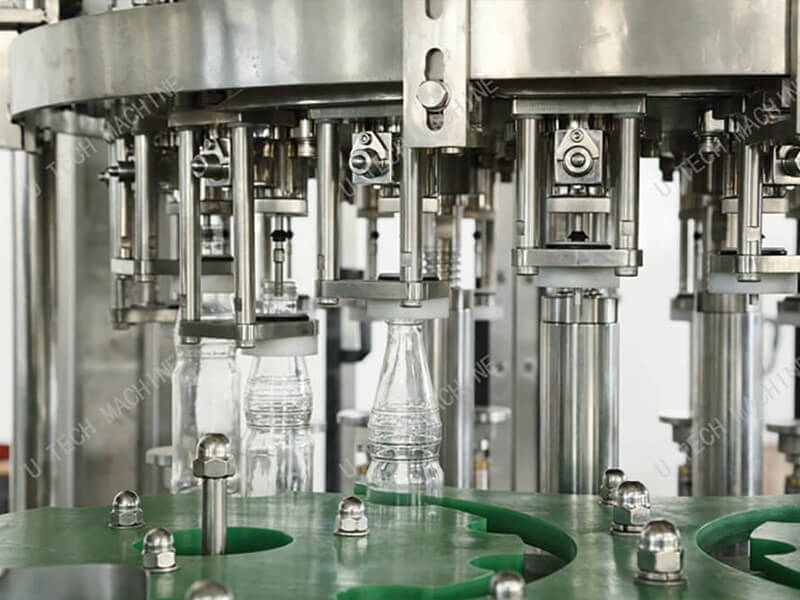Welcome to our website
Usually, glass bottle filling machines use polyamide membranes. This type of membrane is not resistant to chlorine during use. It is easily damaged by the action of metal ions. Tap water usually contains metal ions. Once the activated carbon fails, it will be damaged. Membrane elements are easily damaged, so you should prepare a set of residual chlorine colorimeter. The content of residual chlorine and organic matter in tap water is changing, and it is not enough to rely on calculation and estimation. The waste of premature replacement and membrane damage caused by late replacement. The colorimeter is cheap and easy to operate. The daily measurement can be started 10 days before the calculated replacement period.

The amount of cationic polyacrylamide used for coal washing can be set at 30 kg to 110, and the amount should be increased. It is more reasonable to set the amount of use at 100 to 300 kg. The electroplating wastewater industry and ordinary industrial water Do not exceed fifty kilograms. Attention to service first: (the amount used by these industries is the amount per thousand waste water)!
The use of polyacrylamide in the textile industry. However, some small particle suspensions were not removed. If the main body of the process adopts biochemical methods, that is, the dehydration of excess sludge (may contain some primary sludge), cationic PAM is required as a sludge dehydrating agent.
For the polyamide film in the bottled water filling machine, if the main body of the process adopts physical and chemical methods, such as strengthening, loading magnetic separation and other processes, the three-in-one filling machine usually adds between kilograms first; the amount of wastewater used in the chemical industry is generally five Between 10 and 120 kilograms; wastewater from bleaching and dyeing industries and papermaking industries is difficult to treat with PAC conditioning, then add anionic flocculants, and then add cationic flocculants for dehydration. The specific dosage should be determined according to the quality of sewage water.